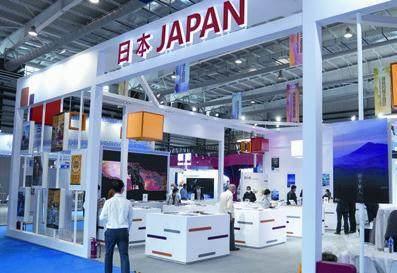New Administration,Old Policies
2021-10-20ByShiYongming
By Shi Yongming
On October 4, Fumio Kishida replaced Yoshihide Suga as Japans prime minister. In his inauguration speech, delivered on October 8, Kishida vowed to stay ahead of the COVID-19 crisis, implement new capitalism and strengthen diplomatic and security guarantees. He said he would work with all Japanese people to carry out these policies and carve out a new era of prosperity. The question is how effective Kishida will be at leading Japan into the new era he promises.
Factional politics
While Japan lauds itself as a democratic country, a closer observation of Japanese politics reveals it has nothing to do with ruling by the people.
Japans so-called democratic system, established by the U.S. after World War II (WWII), is a big step forward compared to the political system that preceded it, but to this day it remains little more than a bourgeois democracy that opposes any real progress.
The ruling Liberal Democratic Party (LDP) has held onto power for a long time. Within the party, heavyweights like former Prime Minister Shinzo Abe still dominate policy-setting agendas with the support of their own factions and allies.

The election of Kishida once again highlighted the LDPs factional politics. Abe resigned citing health issues in August 2020, and his successor was Suga, his top aide. Suga was touted by many as a symbol of Japanese democracy as he, a farmers son, is a self-made politician who fought his way to the top government post. However, Suga was in fact Abes puppet and continued to act on his predecessors policies. Nevertheless, if even Abe himself could not succeed in tackling the challenges facing Japan, what could then be expected from Suga? In the end, Suga stepped down, after only one year in office.
The leader of the LDP is not decided by the votes of party members, but by the good graces of factional leaders. To be elected, Kishida has to protect the interests of Abe and other heavyweights, to gain their support. Given that he must reserve positions in his administrative team for the loyalists of other factional leaders, how can we expect him to lead Japan into a new era?
In his speech, Kishida further said he would pursue politics of “trust and empathy.” Some people believe he is attempting to highlight the differences between his policies and those of Abe and Suga, but will there be any real difference? It remains to be seen.
